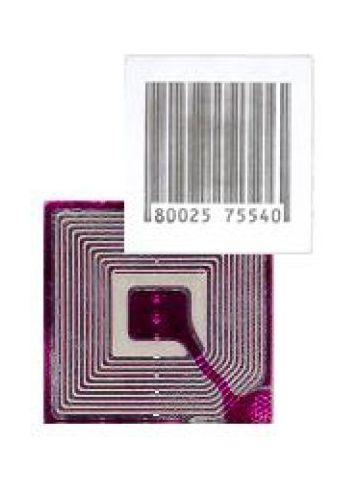Preventing Theft In Retail Stores: What Owners Should Know
-
 By
American Retail Supply
By
American Retail Supply - Jun 10, 2024

Retail theft is a growing problem that impacts business owners globally. The repercussions extend beyond financial losses; they strain resources, affect employee morale, and tarnish a store's reputation. However, there are effective strategies you can use to deter theft. We’ll discuss what owners should know about preventing theft in retail stores.
Understanding the Types of Retail Theft
Retail theft can take various forms, from shoplifting and employee theft to organized retail crime. Shoplifting often involves individuals taking goods without paying, while employee theft can range from stealing merchandise to manipulating transactions.
Organized retail crime consists of sophisticated groups targeting high-value items for resale. Recognizing these different types of theft is crucial for implementing the correct preventive measures.
Initial Steps for Retail Owners to Prevent Theft
Preventing theft begins with a solid foundation. Store owners should invest in quality surveillance systems that provide high-definition video coverage of the entire retail space. Clear signage indicating the presence of security measures can act as a deterrent.
Training employees to recognize suspicious behavior and implementing strict inventory control procedures are also essential first steps. Regular audits and stock checks help identify and address discrepancies swiftly.
Advanced Technologies and Strategies for Loss Prevention
Leveraging advanced technologies can significantly enhance theft prevention efforts. Electronic article surveillance (EAS) systems, RFID tags, and biometric access controls are practical tools. Integrating AI-powered analytics with existing surveillance systems can offer real-time alerts on suspicious activities.
Additionally, adopting point-of-sale (POS) systems that integrate with inventory management can reduce internal theft by closely tracking transactions and stock levels. Employing mystery shoppers to assess staff compliance with anti-theft protocols can provide valuable insights into potential vulnerabilities.
Legal and Ethical Considerations When Dealing with Theft
Addressing theft involves navigating a complex landscape of legal and ethical considerations. Store owners must be informed about the relevant laws governing the apprehension and prosecution of thieves. Policies should be in place to handle incidents professionally, ensuring that actions taken are within legal bounds to avoid potential lawsuits. Training employees on the legal aspects of theft prevention is crucial.
Ethically, balancing strict enforcement with respect for customer privacy and dignity is essential. Clear communication of store policies regarding theft can prevent misunderstandings and ensure a respectful shopping environment.
The Role of Employees in Preventing Theft
Employees play a pivotal role in preventing retail theft. Investing in comprehensive training programs can empower them to act as the first line of defense. Staff should be educated about common theft tactics and the importance of maintaining vigilance. Encouraging a culture of teamwork and accountability can foster an environment where theft is less likely to occur.
Providing employees with clear procedures to follow when they suspect theft ensures a consistent and effective response. Recognizing and rewarding employees who help prevent theft can motivate the team to remain vigilant.
Retail theft is an ongoing challenge that requires constant vigilance and evolving strategies. By understanding what to know about preventing retail theft, store owners can protect their assets, maintain a safe shopping environment, and thrive in a competitive market. If you’re looking for loss prevention equipment, check out American Retail Supply’s selection of retail supplies now. We’re here to support all your retail supply needs and ensure your business thrives.















Validate your login